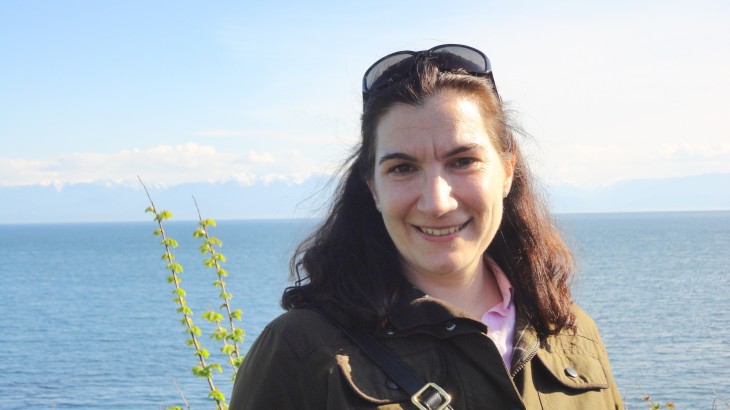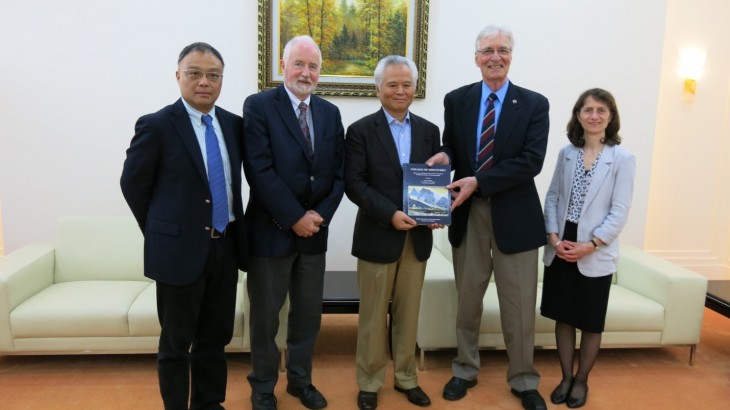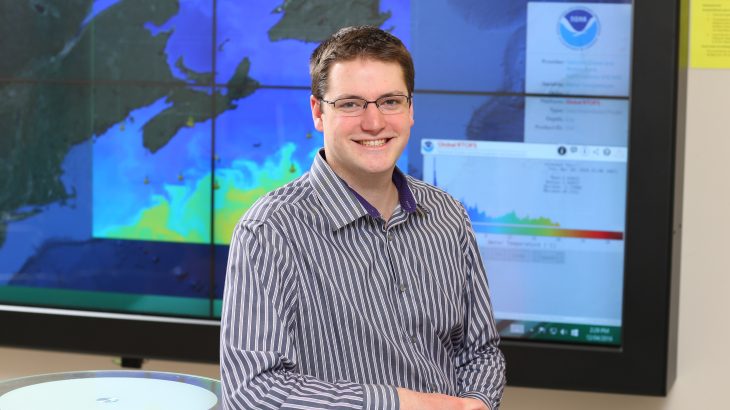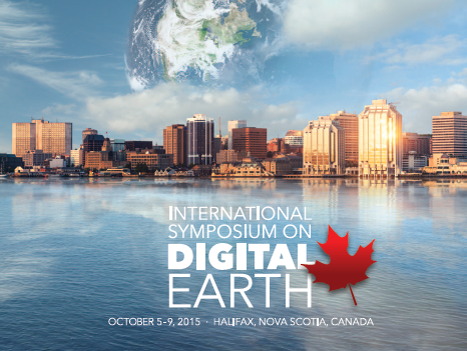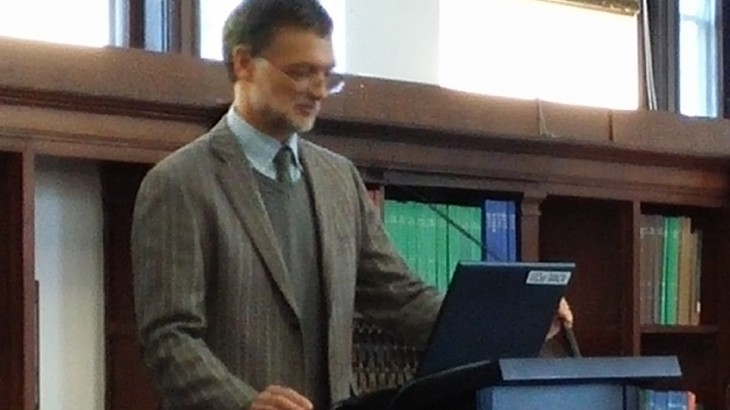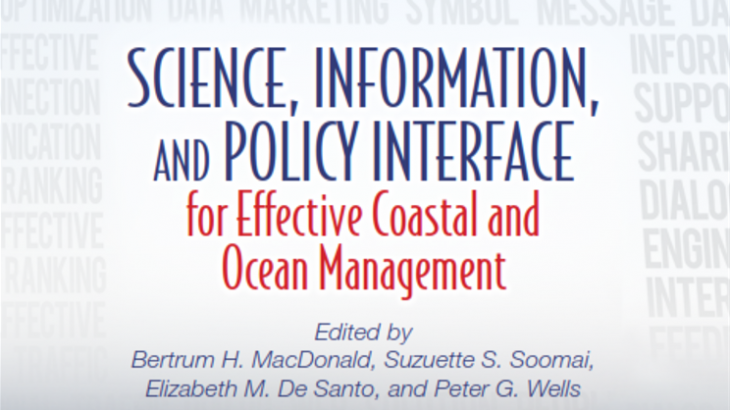
The EIUI Research team is very pleased to announce that Science, Information, and Policy Interface for Effective Coastal and Ocean Management will be published by CRC Press (division of Taylor & Francis) on 16 May 2016. This volume, edited by Bertrum H. MacDonald, Suzuette S. Soomai, Elizabeth M. De Santo, and Peter G. Wells, brings […]
